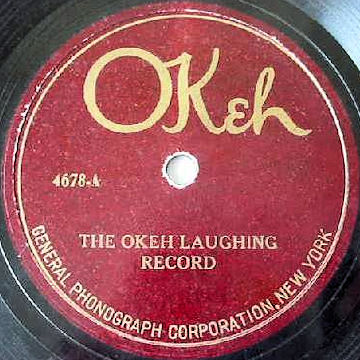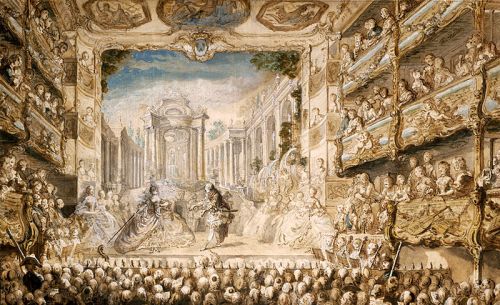The earliest known secular stage play with music, Adam de la Halle’s Le jeu de Robin et de Marion, has been touted as the first musical comedy.
Of the two extant sources, the Paris version is by far the rowdier one—three characters that do not appear in the Aix version engage in mooning the audience, playing with sheep dung, and speaking in unimaginable metaphors worthy of Hungarians.
Common to both versions, Robin, Marion, and the seducing knight are more stock characters, but their lines are pithy and suggestive—e.g., from the scene depicted above:
Knight: You surely won’t put up a fight—you’re just a peasant, I’m a knight!
Marion: Money can’t buy love, you know.
Knight: It can buy something like it, though.
This according to “The hows and whys of Adam de la Halle’s Robin & Marion” by Lucy E. Cross (Early music America XVII/1 [Spring 2011] pp. 38–42). Below, a complete family-friendly performance of the work.





